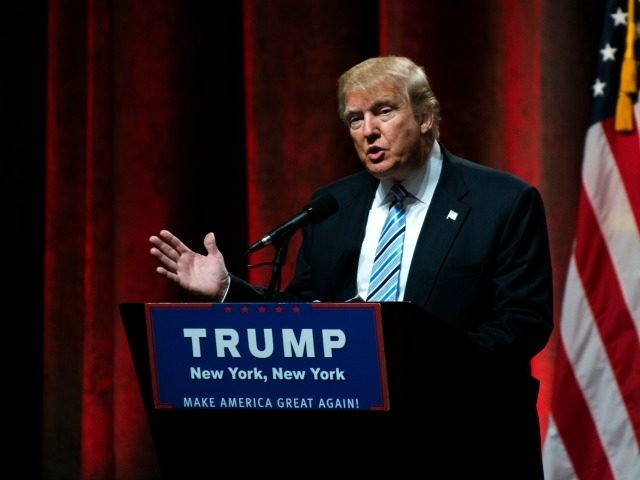Until this year, presidential elections followed the well-established and predictable route.
Both parties vowed to pursue policies preferred by the proverbial median voter. After each election, promises made by the winning party were either set aside or selectively carried out with all eyes on the next election.
Arguably, the median voter was manipulated by the elite of both parties, the so-called “Establishment.” In addition to the political leaders of both parties, the Establishment includes professionalized legislators, members of the executive branch of federal government, supreme court judges, lobbyists, CEOs of major corporations and financial institutions, leading journalists and TV personalities, academic advisers, and other fellow-travelers.
The Establishment as a rent-seeking entity.
Elections determine which party and its fellow travelers control the lion’s share of total rent. Since the end of World War II, the Establishment has continuously augmented existing rents with new ones. The Establishment’s power to propose, initiate, promote, enact and/or execute new rules is the source of rent-creation. Predictably, the continuous rent-creation rather than traditional rent-seeking, explains the continuous growth of the federal government at the expense of individual rights and in violation of the Tenth Amendment.
The right to create new rents controls the direction of the growth of government. It, therefore, translates into a keen and often fierce competition for the median voter between our two parties and their fellow travelers. Yet, the Establishment quickly forgets internal disputes when an outsider threatens their rent-seeking right. Let us mention two examples which underline the resilience of the Establishment in the face of a danger.
In 1980s Reagan slowed down the generation of new rents via a number of policies such as tax cuts and freezing social spending. The first Bush ignored the “read my lips” promise, marginalized the influence of Reaganites in his administration and brought the Establishment back. In 1996, Newt Gingrich and Dick Armey drew up “The Contract with America,” which was a direct attack on the Establishment’s opportunity to generate new rents. The second Bush made sure that the Establishment fully recovered its rent-creating powers.
This year presidential election is totally different from the past. From being used by the Establishment, the median voter is, spontaneously and simultaneously, revolting against the Establishment. Bernie Sanders and Donald Trump are a consequence of the median voter “throwing away his/her chains.”
I conjecture that the consequences of this revolt on both the rules of the game and the game itself are enormous but yet unclear. They will be studied in depth in the years to come. In a few paragraphs below, I outline some initial reactions of the Establishment.
Bernie Sanders’ challenge fell short because his ideas are alien to a majority of Democrats. Donald Trump succeeded because he identified (or stumbled on) the prevailing preference of the median Republican voter.
Trump is seen as an existential threat to the power of the entrenched Establishment in general. The Republican party is the first line of defense against this threat to the Establishment. Republican leaders and fellow travelers such as George Will and Karl Rove cannot say that they prefer Hillary to Trump.
However, they did all they could to get Trump out of the race (remember Karl Rove’s “statistics” on FOX programs). Failing to prevent Trump’s nomination as the Republican candidate for the White House, Republican leaders are doing their best to subvert Trump’s chances. And why not? Hillary is the true face of the Establishment.
The cost of electing Hillary means that Democrats would capture a major share of total rent for another four years. That is a small price to pay. Hillary would also safeguard the total rent and strengthen the rent-creating power of the Establishment. It is then arguable that the Republicans in the Establishment are not defending the country from Trump; that is a façade of words. They are defending their rent from Trump.
Is Trump going to eliminate or at least reduce the power of the Establishment? I do not know.
But if we want to prevent further erosion of our liberties and the continuing evolution of a culture of dependence on the state, Trump might be the only game in town. So, should we care about Trump’s erratic policies proposals and inconsistent announcements? Perhaps we should be more concerned about eliminating the rent-generating powers of the Establishment.
Should Trump fail to carry out his promises, the economic situation in the country could not get worse than with Hillary in the White House. If Trump carries out his promises, the short-run costs of his erratic policies might yield large long-run profits.
Svetozar Pejovich is Professor Emeritus at Texas A&M University.

COMMENTS
Please let us know if you're having issues with commenting.